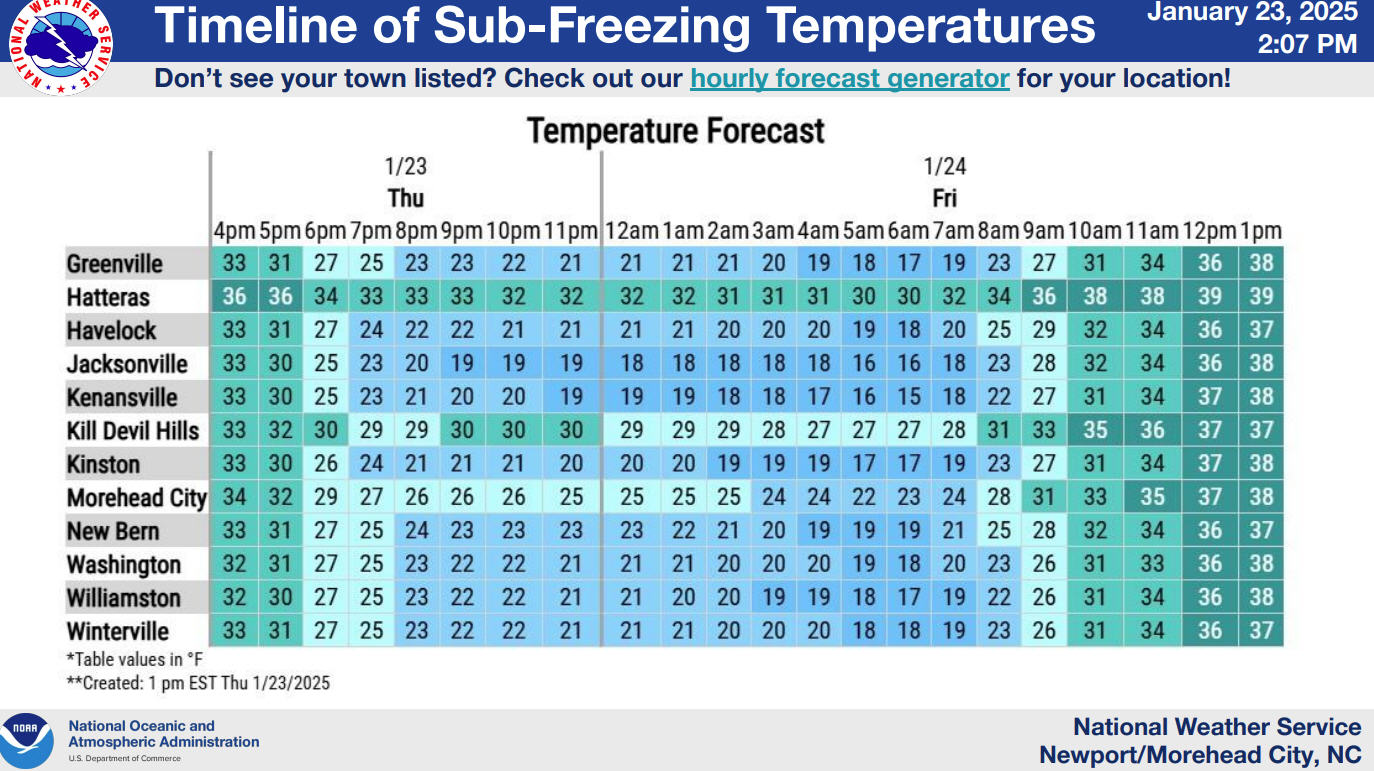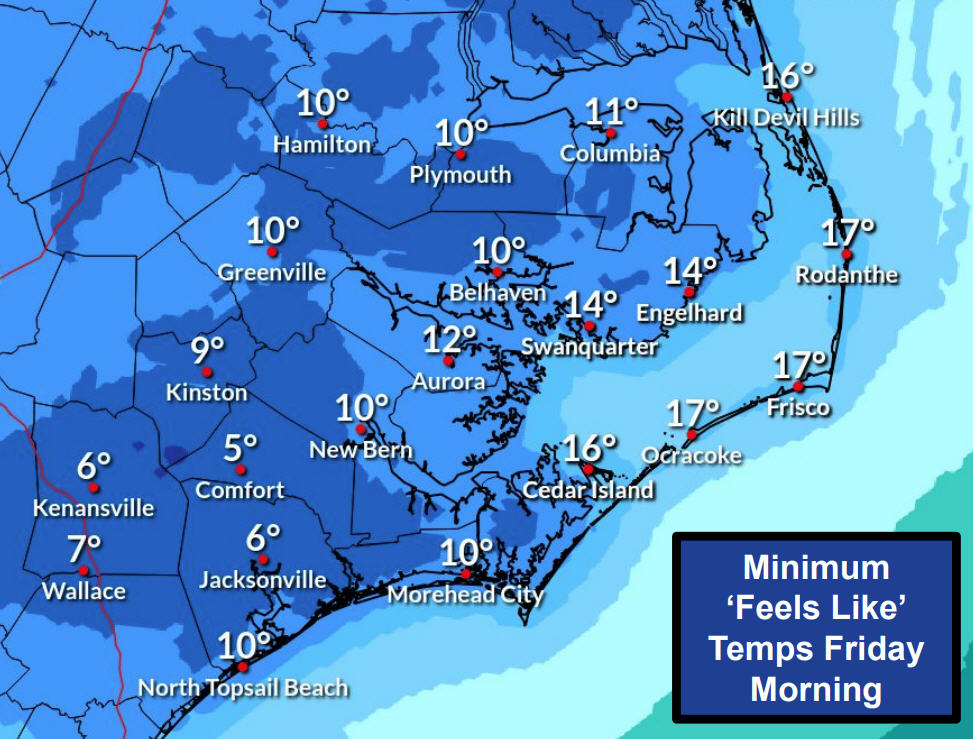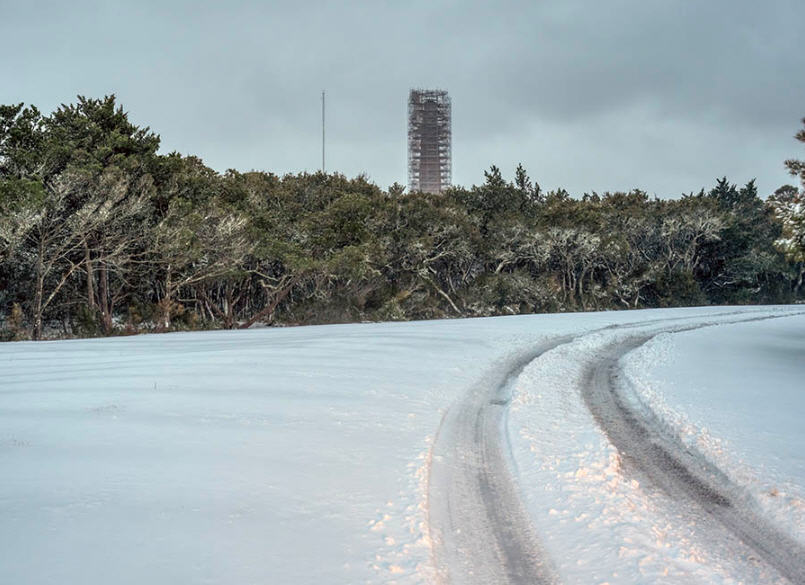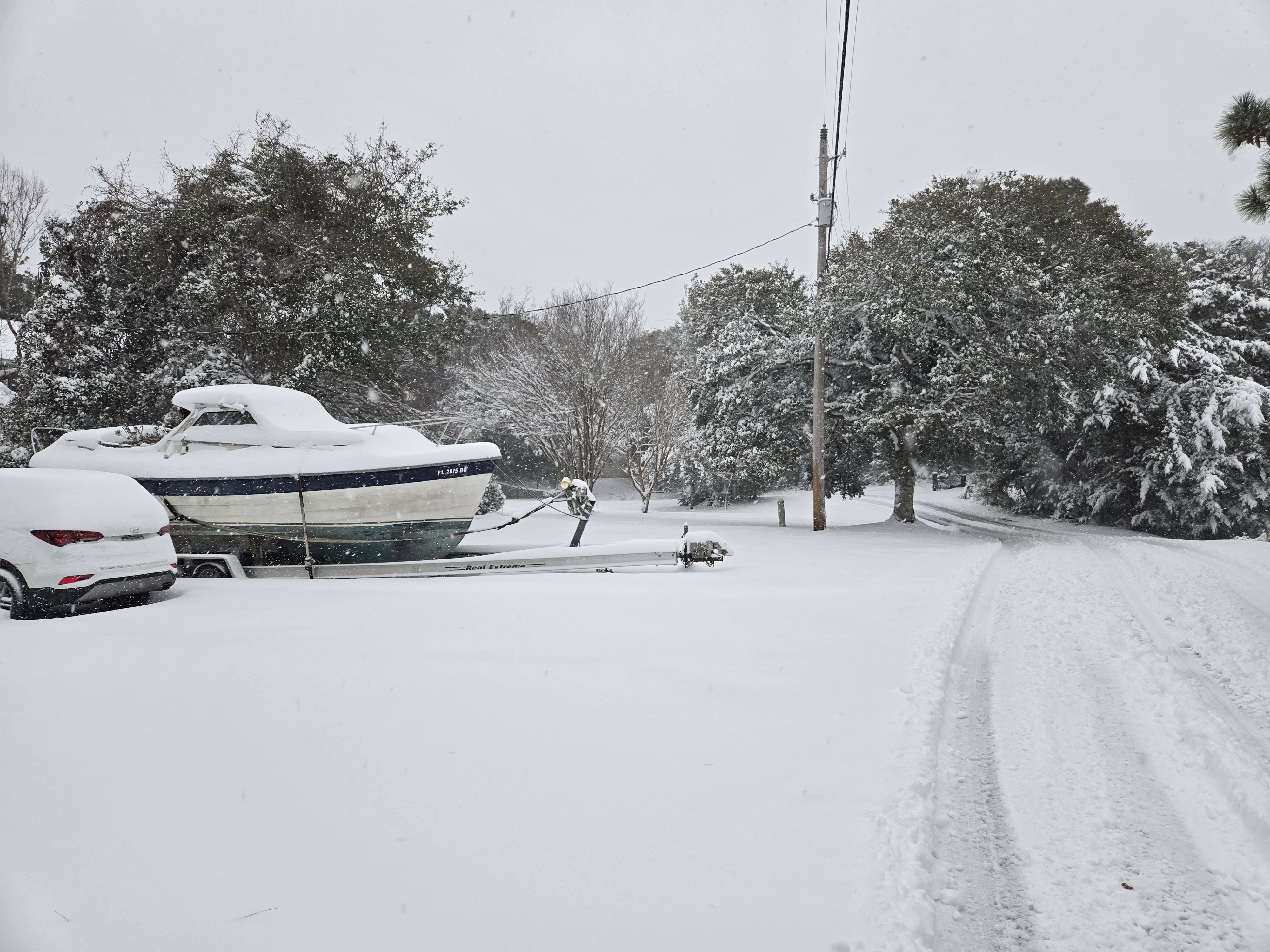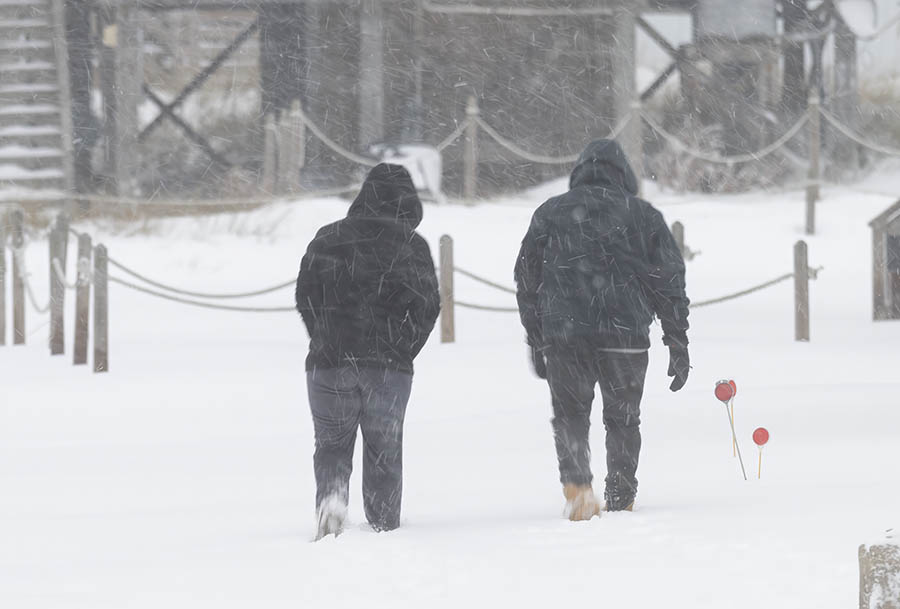NCDA&CS to treat for Gypsy Moths in Buxton
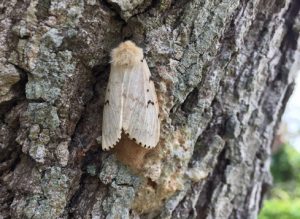
The North Carolina Department of Agriculture and Consumer Services will soon start treating a gypsy moth infestation in Buxton in Dare County.
An annual field survey conducted by NCDA&CS indicated a reproducing population in the Buxton area. Treatments are expected to start on or around April 14, depending on weather conditions and insect development, and should be complete by late April.
Two fine-mist applications of an organic product containing the naturally occurring bacteria Bacillus thuringiensis kurstaki (Btk) will be made seven to 10 days apart using low-flying helicopters. Btk is not harmful to humans, plants or animals, and it must be applied while the gypsy moth caterpillars are small and actively feeding. Treatment activities will protect yard trees, shrubs, and hardwood forests at infested sites.
Gypsy moths feed on the leaves of more than 300 species of trees and shrubs, predominantly oaks and hardwoods. When areas become heavily infested, trees may be completely stripped of foliage, leaving yard trees and entire forests more susceptible to attacks from other pests. Severe infestations often lead to tree death. Gypsy moth caterpillars can also pose public health concerns for people with respiratory problems. In areas with high-density gypsy moth populations, the caterpillar hairs and droppings may cause severe allergic reactions.
NCDA&CS has addressed spot introductions of the gypsy moth across North Carolina since the 1970s. The treatment will be done in cooperation with the U.S. Department of Agriculture’s Forest Service and the Gypsy Moth Slow the Spread Foundation, Inc.
For more information, or to request treatment notification via email or text, go to www.ncagr.com/gypsymoths/treat or contact NCDA&CS toll free at (800) 206-9333.







